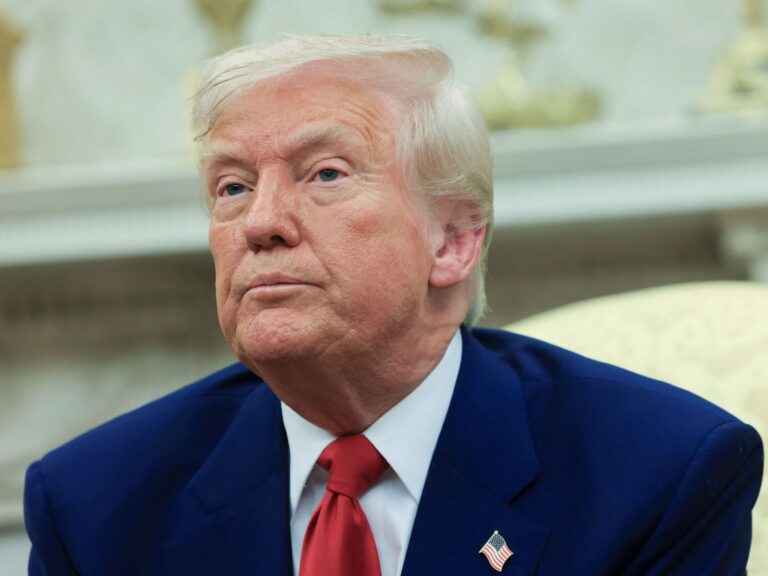On April 2, the US announced that it would implement “mutual tariffs” on its trading partners, including charges ranging from 10-39% in Arab countries such as Qatar, Saudi Arabia, Jordan and Iraq, including 34% tariffs on China.
The move has sparked widespread dissatisfaction worldwide and within the United States. The so-called “mutual tariffs” are unlikely to achieve the defined goal of “trade rebalancing.” Instead, they risk pushing the US economy, and potentially the global economy into a recession.
The imposition of “mutual tariffs” by the United States poses a serious challenge to existing international trade and economic order. The US claimed it suffered losses in international trade and used “reciprocity” as a justification to raise tariffs. This approach ignores the balance of profits achieved through years of multilateral trade negotiations and ignores the fact that the US has long been gaining great benefits from international trade.
The so-called “mutual tariffs” determined based on unilateral and subjective assessments violate the rules of the World Trade Organization (WTO), seriously undermine the legitimate rights and interests of the relevant parties, pose a serious threat to the rules-based system of multilateral trading.
“Mutual tariffs” are set to undermine the stable functioning of the global economy. According to preliminary estimates by the WTO, tariff measures introduced by the US from the beginning of this year could lead to an overall contraction of around 1% in the global commodity trade in 2025. This is a major downward revision from previous forecasts.
Tariff measures implemented by the United States could threaten the stability of global industry and supply chains, cast uncertainty in the future of economic globalization, significantly disrupt the global economy and cause a global economic and financial crisis.
“Mutual tariffs” ultimately backfire. The European Union, Canada and others have stated their intention to implement measures against the United States. Yale University’s Budget Institute predicts that if other countries enact full unretaliation, U.S. consumer prices will rise by 2.1% and actual GDP growth will fall by 1%.
Currently, consumer confidence in the US is steadily declining, and these “mutual tariffs” will further increase household expenditures on goods and increase the economic burden on American families. It also raises manufacturing costs, weakens the competitiveness of US companies, and ultimately drives the US economy into a recession.
There are no winners in trade and tariff wars. Protectionism is nothing to do with it. The hike of tariffs under the pretext of reciprocity represents the typical act of unilateral bullying that no one would benefit.
China will firmly reject this move and do what is necessary to defend its legitimate rights and interests. We encourage you to stop doing the wrong things through consultations with equality, respect and mutual interest and resolve differences in trade with China and other countries.
The views expressed in this article are the authors themselves and do not necessarily reflect Al Jazeera’s editorial stance.

